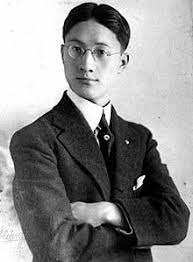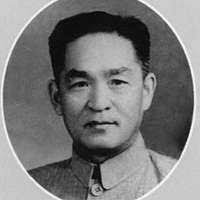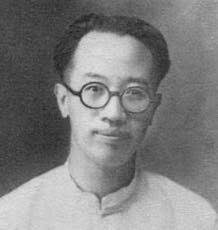Chu Hsiang (1904-5 December 1933), poet, was noted for his use of a variety of traditional and Western forms in writing Chinese vernacular poetry. Born into a family of twelve children in T'aihu, Anhwei, Chu Hsiang was the youngest of five boys. His father, Chu Yen-hsi, was a salt tao-t'ai. Both his father and his […]








